-
1995
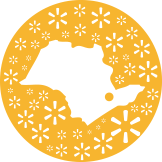
Beginning of operations in Brazil, with five units located in Greater São Paulo.
-
1997
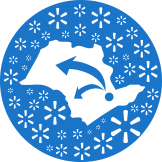
Expansion of operations in São Paulo, with the inauguration of units in upstate areas.
-
1998

Creation of stores with the Sam’s Club and Walmart brands in Paraná mark the start of the company's operations outside São Paulo.
-
2000

Beginning of the chain's operations in Rio de Janeiro and Minas Gerais States.
-
2001

Inauguration of the first Distribution Center in Greater São Paulo and the first TodoDia store in São Paulo city.
-
2002
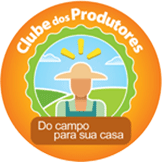
The Producers’ Club is set up in the Sonae Group, acquired by Walmart in 2005.
-
2003
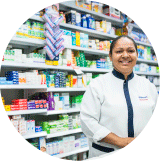
First drugstore in the chain is inaugurated at the Walmart in São José dos Campos (SP).
-
2004

The chain speeds up its expansion process with the acquisition of 118 Bompreço stores in the Northeast.
-
2005

Walmart acquires 140 stores of the Sonae Groups and starts managing the BIG, Mercadorama, Nacional and Maxxi Atacado brands. It also opens stores in the Federal District, Espírito Santo and Goiás. The Walmart Institute is created in Brazil that same year and global sustainability targets are announced by the parent company Wal-Mart Stores Inc.
-
2007

Inauguration of the Granja Viana unit in São Paulo (SP), with sustainable initiatives. Walmart signs the Movimento Conexões Sustentáveis (Sustainable Connections Movement) and becomes a member of the Grupo de Trabalho da Pecuária Sustentável (Sustainable Livestock Working Group) and the Fórum Amazônia Sustentável (Sustainable Amazon Forum).
-
2008

Walmart inaugurates a store in Mato Grosso do Sul and also on the Internet, at the virtual address www.walmart.com.br. Drugstores within the chain start selling around 500 generic medicines and the Cliente Consciente Merece Desconto (Conscientious Consumers Deserve a Discount) program gets underway.
-
2009

Launch of the Pacto Pela Sustentabilidade (Pact for Sustainability) and the first event in the Sustentabilidade de Ponta a Ponta (End-to-End Sustainability) project is held. The first eco-efficient Distribution Center in the chain is opened in Betim (MG). A Loja da Comunidade (Community Store) arrives in Recife (PE).
-
2010

The Instituto Walmart Institute creates the Escola Social do Varejo (Social Retail School) project which teaches over 1,000 young people in its first year. In this same period, the company signs the Política de Compromisso de Compra Responsável (Responsible Purchasing Commitment Policy) and also creates the tracking program Qualidade Selecionada, Origem Garantida (Selected Quality. Guaranteed Origin).
-
2011

The company also launches the Preço Baixo Todo Dia, (Everday Low Prices) concept to offer lower prices for longer periods. Walmart Brasil is the world leader in the development of the Compra Responsável de Carne (Responsible Beef Purchasing Policy). It creates the Movimento Empresarial pelo Desenvolvimento Econômico da Mulher (Movimento Mulher 360) (Corporate Movement for the Economic Empowerment of Women known as the Women 360 Movement).
-
2012
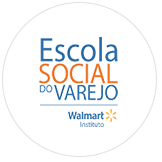
The company's starts receiving international recognition: the Movimento Mulher 360 (Women 360 Movement) wins the Women’s Empowerment Corporate Leadership Award, from the UK magazine The New Economy; and the methodology of Escola Social do Varejo (Social Retail School) starts being used in other Latin American countries through a partnership between Walmart at global level and the Inter-American Development Bank (IDB).
-
2013
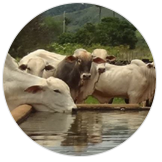
Launch of the São Félix do Xingu Project in partnership with The Nature Conservancy (TNC). The company adopts a system to monitor beef from the Amazon region and inaugurates the first store in Brazil with 100% LED lighting. The Escola Social do Varejo (Social Retail School) starts its international expansion process and goes to Chile, Mexico and Argentina.
-
2014
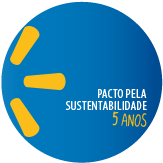
The Pacto pela Sustentabilidade (Pact for Sustainability) completes five years with more than 160 companies reporting their performances in relation to the themes of the Amazon, Responsible Purchasing and Waste Management.